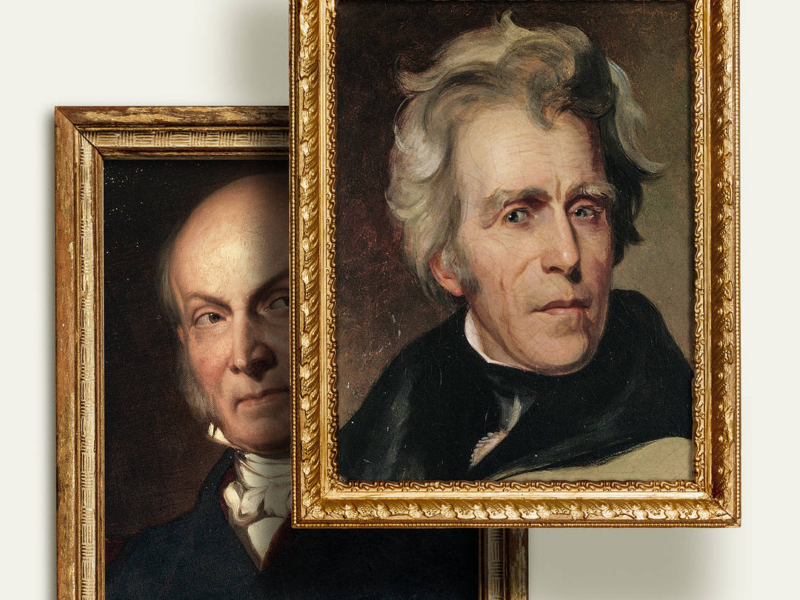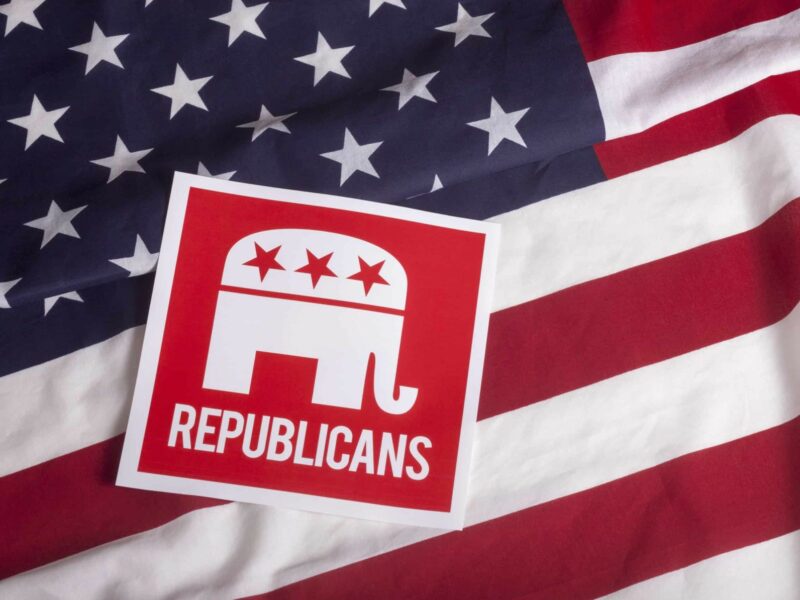The Iran-Contra Affair was a political scandal in the United States during the 1980s. Simply put, it involved senior officials in the Reagan administration secretly facilitating the sale of arms to Iran, which was under an arms embargo. The goal was to secure the release of hostages held by Hezbollah groups in Lebanon and to fund Nicaraguan rebel groups (the Contras) fighting against the socialist Sandinista government in Nicaragua. This was controversial because the U.S. Congress had banned military aid to the Contras. When the secret operation was revealed, it led to significant controversy and investigations, as it appeared to go against U.S. policy and Congressional directives.
The Iran-Contra Affair, a significant political scandal of the 1980s in the United States, involved complex international relations, covert operations, and a breach of U.S. policy and law.
Background: In the early 1980s, Iran and Iraq were engaged in a protracted war. Despite its hostile relationship with Iran, the Reagan administration saw an opportunity to use Iran’s influence to secure the release of several American hostages held by Hezbollah militants in Lebanon, who were believed to have ties with Iran. Simultaneously, in Nicaragua, the Contras, a group of anti-communist rebels, were fighting against the Sandinista government, which had Marxist leanings. The Reagan administration, staunchly anti-communist, was eager to support the Contras.
The Arms Sales: Despite an arms embargo against Iran, senior U.S. officials secretly facilitated the sale of arms to Iran in the hope that this would encourage Iran to use its influence to release the American hostages. The plan was not only controversial due to the embargo but also because it appeared to contradict the Reagan administration’s public stance of not negotiating with terrorists or states that sponsored terrorism.
Diverting Funds to the Contras: The situation became more complicated when it was revealed that a portion of the proceeds from the arms sales to Iran was being diverted to support the Contras in Nicaragua. This was in direct violation of the Boland Amendment, a series of legislative acts passed by the U.S. Congress that prohibited the use of U.S. funds to support the Contras.
Public Revelation and Scandal: The operations were conducted covertly, but in November 1986, Lebanese magazine Al-Shiraa exposed the arms sales to Iran, leading to public outcry in the United States. The scandal deepened with the revelation of the diversion of funds to the Contras. The affair became a significant political scandal for the Reagan administration, raising questions about the legality and propriety of the administration’s actions.
Investigations and Consequences: The scandal led to multiple investigations, including those by the U.S. Congress and a special prosecutor. The Congressional hearings in 1987, known as the Iran-Contra hearings, were nationally televised, bringing the affair to the forefront of public attention. Several senior officials were implicated, and some were convicted on charges related to the scandal, although a few convictions were later overturned on appeal.
President Reagan, who initially denied knowledge of the arms sale and diversion of funds, later acknowledged that his administration had engaged in these actions. However, it remained unclear how much Reagan himself knew about the extent of the operations.
The Iran-Contra Affair left a lasting impact on American politics and foreign policy. It raised significant concerns about the executive branch’s conduct of foreign policy, the accountability of government officials, and the need for oversight to prevent the circumvention of U.S. law. The affair also fueled debates about the extent of presidential power and the role of Congress in foreign affairs. For many, the Iran-Contra Affair remains a prominent example of a political scandal that tested the constitutional principles and governance of the United States.


